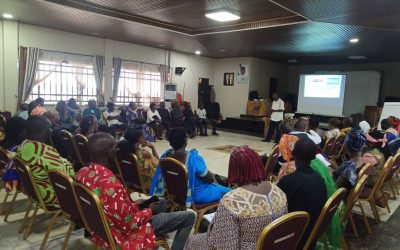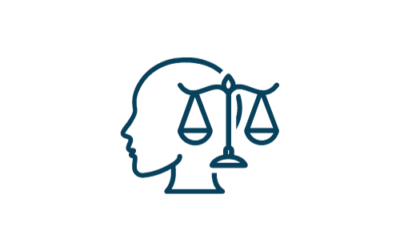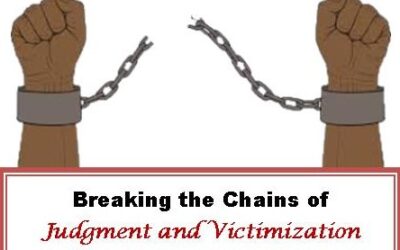As part of efforts to strengthen the administration of justice in Sierra Leone, there have been significant efforts since the end of the conflict by the Sierra Leone Government and the international community to reform the justice sector. As part of the ongoing reform efforts, training programmes have been organised for personnel of the Sierra Leone judiciary. There has also been a slight improvement in conditions of service for both judicial and support staff, while some sections of the judiciary have received logistics and technical support. Ultimately, the goal is to strengthen the institutional capacity of the judiciary, while at the same time enhancing access to justice for Sierra Leoneans. In spite of these commendable efforts, there are persisting challenges that need to be addressed.
One of the issues that need to be addressed without delay is the need to strengthen citizens’ access to public hearings, particularly in the main court building in Freetown. Section 23(3) of the 1991 constitution of Sierra Leone states that “All proceedings of every court and proceedings relating to the determination of the existence or the extent of civil rights or obligations before any court or other authority, including the announcement of the decision of the court or other authority shall be held in public…”
CARL-SL’s Court Monitors have over the years observed that litigants and members of the public have encountered difficulty in following court proceedings because of noise around the court building and the absence of a public address system. In the absence of a public address system, it is very difficult for even the lawyers and judges to hear each other, not to mention members of the public gallery. If the lawyers and the Judges find it so difficult to hear each other, how can litigants and the public follow the proceedings? This situation needs to be addressed without delay as it somewhat adversely affects litigants’ access to the full range of discussions during the proceedings. Members of the public also go to court either because their family members are involved with a case or are generally interested in a particular matter. They have a right to follow the proceedings so that they can lend credence to the outcome of the proceedings. Public trials are so called because members of the public must be able to follow the proceedings as well as gain access to court documents. In the corruption-related trial involving the State V. Kimbe and others, prosecuting and defence counsel could hardly hear the Judge, much less the accused persons or members of the public who came to witness the trials.
The need for a public address system was made even more glaring when the Supreme Court convened to hear the 2012 Presidential election-related petition filed by the opposition Sierra Leone People’s Party. The matter was heard on five separate days, and on each day, the court room was filled to the brim with people milling around the court building trying to get a glimpse of the courtroom. Even those who were in the courtroom found it difficult to follow the proceedings, while those outside could have been better served if the proceedings were broadcast on state television or on local radio networks. Even a delayed broadcast would have helped reduce the tension and anxiety during that period. In fact, an unfortunate security incident involving the police and persons described as supporters of the opposition Sierra Leone People’s Party left some people wounded, while others were incarcerated for breaching security protocols.
CARL-SL urges the leadership of the judiciary to undertake concrete efforts aimed at equipping the courtrooms with good public address systems in order to enhance genuine public hearings, particularly in the main court building. At the moment, many litigants and family members leave the courtroom without having understood a chunk of what was said. In fact, some keep asking their lawyers after each hearing questions relating to date of adjournment, among others. Outside Freetown, many court building s need a facelift. Some of the court buildings, including the Makeni Magistrate Court, are not only decrepit, their location also affects the proceedings. The local court buildings are perhaps the most embarrassing public buildings in the country. CARL has often made a case for the need to enhance public confidence in the way the justice system works, and the judiciary can take a major leap forward by not only reducing delays in proceedings, refurbishing court buildings and improving conditions of service for its employees, but by setting up public address systems in the court buildings, particularly in Freetown.



